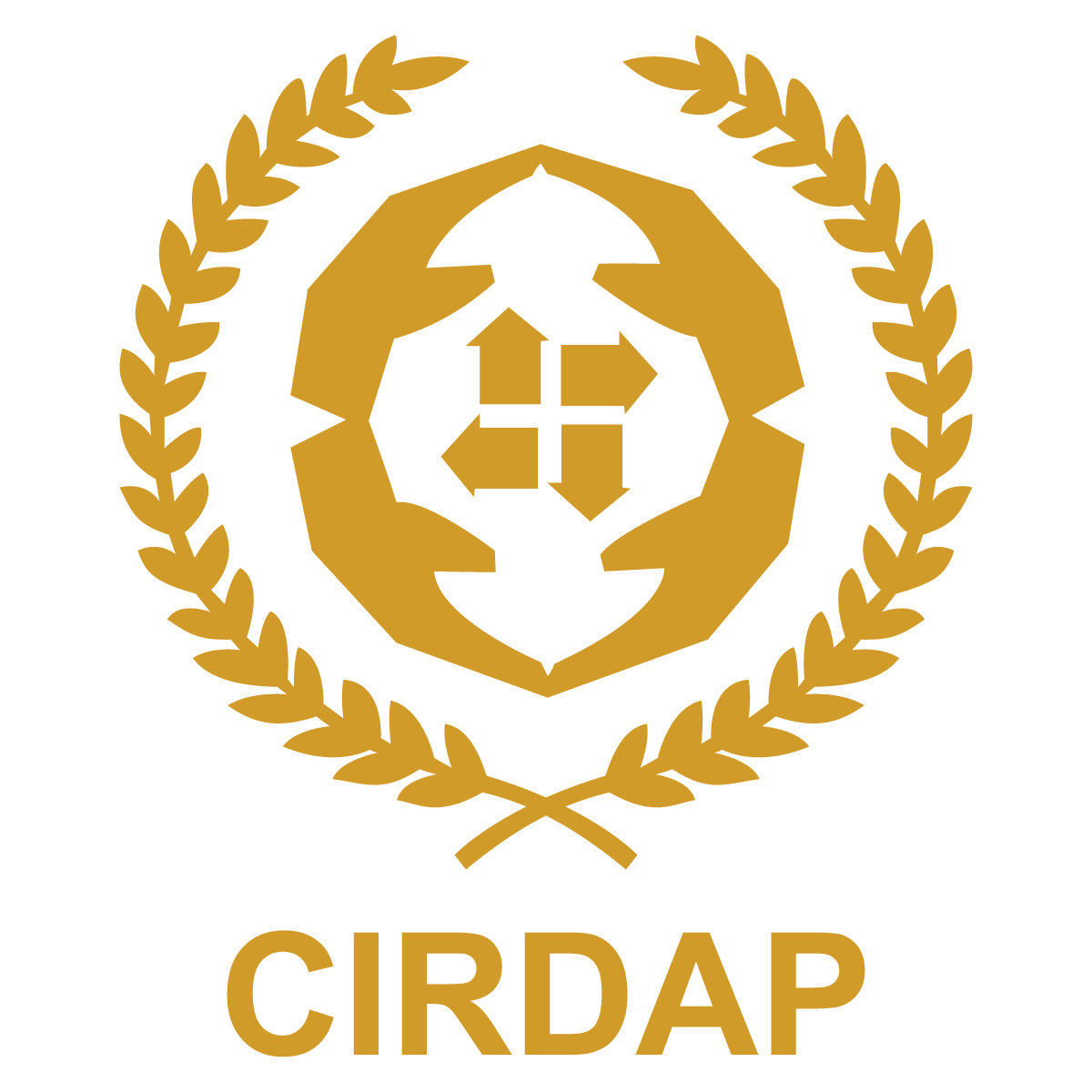
About us
The Centre on Integrated Rural Development for Asia and the Pacific (CIRDAP) is a regional, intergovernmental and autonomous organisation. It was established on 6 July 1979 at the initiative of the countries of the Asia-Pacific region and the Food and Agriculture Organization (FAO) of the United Nations with support from several other UN bodies and donors. The Centre came into being to meet the felt needs of the developing countries at that time as an institution for promoting integrated rural development in the region.
From the original six members, CIRDAP has now grown up as a Centre of 15 member countries. The member-countries are Afghanistan, Bangladesh (Host State), Fiji, India, Indonesia, Iran, Lao PDR, Malaysia, Myanmar, Nepal, Pakistan, Philippines, Sri Lanka, Thailand and Vietnam.
Operating through designated contact ministries and link institutions in member countries, CIRDAP promotes regional cooperation. It plays a supplementary and reinforcing role in supporting and furthering the effectiveness of integrated rural development programmes in Asia and the Pacific.
